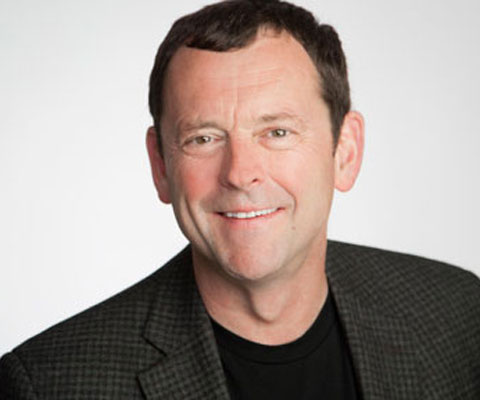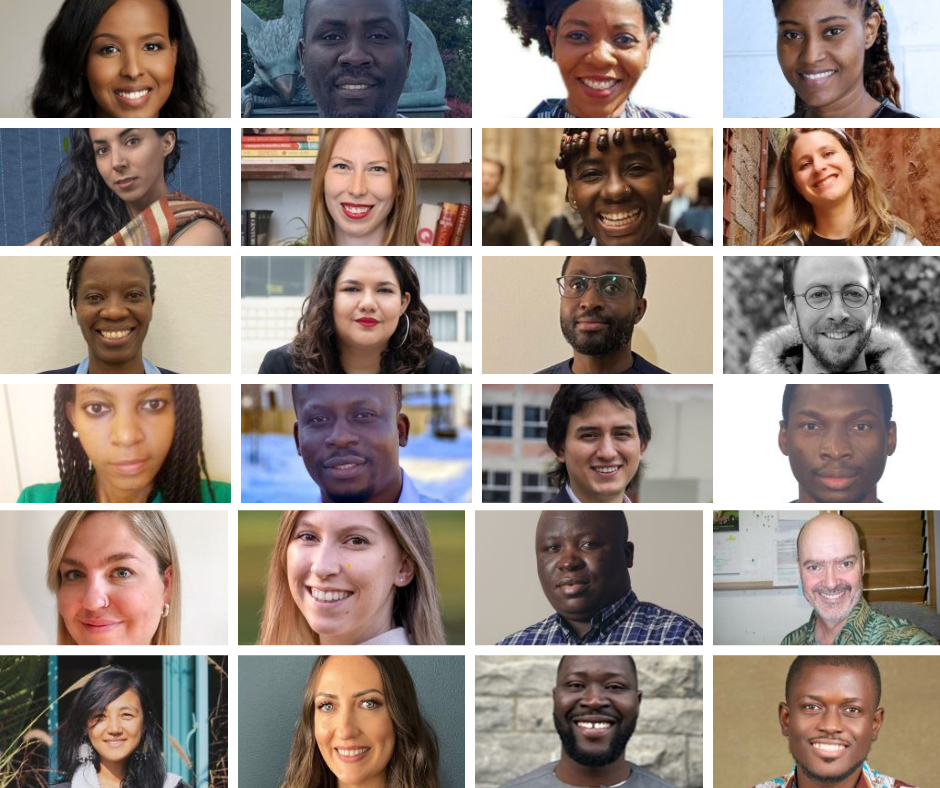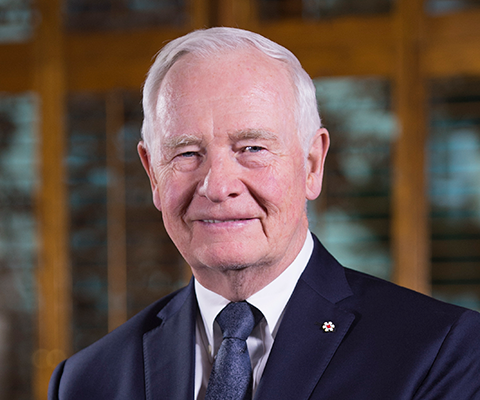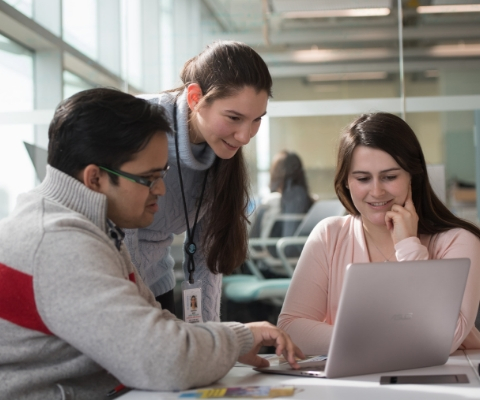Canada’s universities provide optimism in a world of conflict and crisis

This op-ed was published in the Vancouver Sun on July 30, 2016.
By Jamie Cassels, president of the University of Victoria, chair of the research committee for Universities Canada and chair of the Research Universities Council of BC for 2016-17.
It’s not easy to be an optimist these days. The growing anxiety about conflict and crises in the world is fed by the daily news cycle—Brexit, the wars in Syria and Iraq, intercultural misunderstandings, polarized political values, the attacks in Nice and Kabul, and the horrific shootings in Orlando, Dallas and Munich. While Canadians can feel blessed that we’re not grappling with the breadth of those particular issues, we’re not immune from our own challenges—pressure from global economic competition, the disruption of many traditional industries, jobs and ways of life caused by rapid technological and economic change, growing inequality, the legacy of colonialism and residential schools, and climate change—all strain the economic, social and environmental bonds of our country.
But there’s good reason to look beyond these dark times toward a brighter future, and it starts with Canada’s universities.
Universities can play a unique and important role in addressing the critical challenges around us. As centres of learning, discovery and community engagement, Canada’s universities are places of innovation and ideas, creative catalysts for partnerships of people working toward shared goals. When we consider the pressures facing our country and the world, it’s clear that knowledge, collaboration, research and education are key to their solution. Universities not only build pathways of success for individual students, but they also nurture the kind of thinking and create the tools needed to tackle the world’s toughest problems.
In October 2015, Universities Canada, the collective voice of higher education, research and innovation in our country, committed universities to play a specific role in our country’s future:
- equipping all students with the skills and knowledge to flourish in work and life, empowering them to contribute to Canada’s economic, social and intellectual success;
- pursuing excellence in all aspects of learning, discovery and community engagement;
- delivering a broad range of enriched learning experiences;
- putting our best minds to the most pressing problems–whether global, national, regional or local;
- helping build a stronger Canada through collaboration and partnerships with the private sector, communities, government and other educational institutions in Canada and around the world.
Through collaboration and partnerships, through developing talent and ideas, and through inquiry, curiosity, and innovation, universities can help to put Canada on the road to a smart, prosperous and bright future.
Canadian universities are bridge builders — connecting people and ideas from our cities and towns to the global community, and fostering mutual understanding and collaboration with governments, businesses, individuals and organizations at all levels. This reciprocal collaboration pushes the boundaries of what’s possible, moves ideas forward, and encourages social justice and prosperity.
Our role includes preparing students to take their places as global problem-solvers and innovators through hands-on learning in the classroom, the community and the workplace. Last year, for example, the University of Victoria partnered with more than 1,000 different employers in BC and around the world to hire enthusiastic students steeped in the latest knowledge and developments in their fields, to secure successful futures for their businesses and organizations and shape a strong, sustainable economy for our country.
Universities are also home to the dynamic research centres that bring together researchers from around the globe to respond to the challenges of international cooperation, resource stewardship, sustainability and climate change. At UVic and other universities, students and researchers in areas such as global studies, religion and society, language and culture focus on mutual understanding, peace and social justice. The Pacific Institute for Climate Solutions (PICS), is a collaboration between BC’s four leading research universities that is hosted and led by UVic. Ocean Networks Canada (ONC) continues to develop close collaborations with federal and provincial governments and the international community to maximize the overall public benefits and policy impacts of ocean monitoring and research.
Universities have also recognized the importance of partnering with the Indigenous peoples of Canada, and our responsibility to promote awareness of the enduring impact of our shared colonial past. Canada’s universities today are focusing on initiatives that will help us face that history and support Indigenous people to achieve personal success and assume positions of leadership. These involve coordinating and enhancing educational support for Indigenous students and strengthening our relationship with First Nations communities.
For hundreds of years, universities have been contributing to the development of society through social and technological innovation, constantly changing and adapting to meet the needs of the students, employers and societies we serve. As a result, universities are perfectly positioned to respond to the rapid pace of change and the global challenges of today.
And that’s a great reason to be optimistic about where we’re headed as a country, despite the challenges in front of us.
About Universities Canada
Universities Canada is the voice of Canada’s universities at home and abroad, advancing higher education, research and innovation for the benefit of all Canadians.
Media contact:
Lisa Wallace
Assistant Director, Communications
Universities Canada
[email protected]
Tagged: Co-ops and internships, Global connections, Indigenous education, Research and innovation, Study abroad




